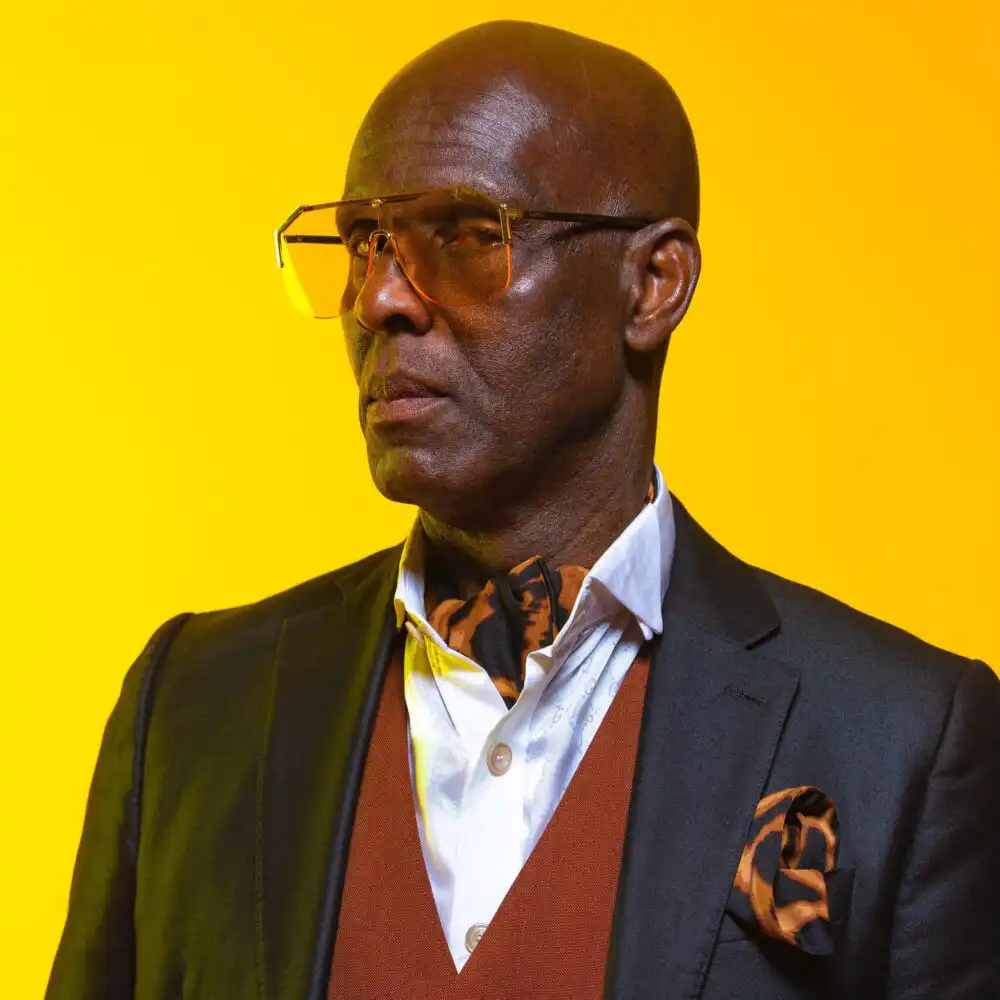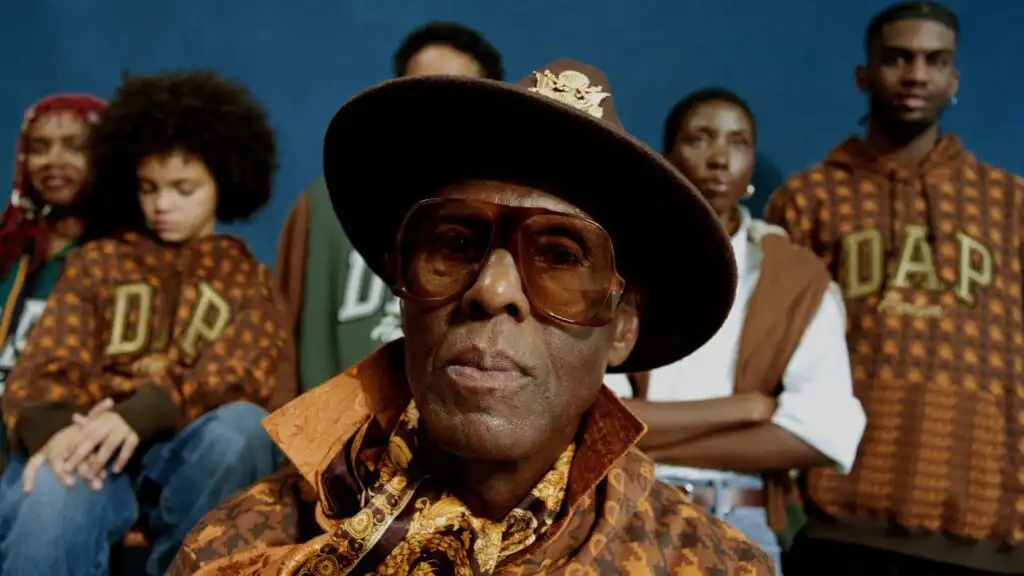Healthy is Wealthy
Nightmare Meanings: 10 Common Nightmares and What They Really Mean
10. Infestation – Symbolic Nightmare Meanings
Nightmare Hidden Meanings. Dreaming about an infestation—like bugs, rodents, or other pests—can mean more than just a fear of creepy crawlers. These dreams often point to feeling overwhelmed, unsafe, or insecure in your space. They can also symbolize worries about cleanliness or losing control, according to dream researcher Michael Schredl. Such nightmare meanings may reflect real fears or subconscious stress linked to your environment.
9. Evil Presence – Supernatural Nightmare Interpretations
That eerie dream where you sense a ghost, demon, or alien? It’s a classic. These nightmares often relate to sleep paralysis, a condition where the brain misfires between REM sleep and muscle control. As the Cleveland Clinic notes, many people experience hallucinations during this phase. Seeing shadows, hearing whispers, or feeling a presence nearby. According to Baland Jalal at Harvard, these figures often reflect cultural fears or deep-seated anxieties.
8. Catastrophe – Disaster Nightmares and Anxiety
Whether it’s fire, flood, or nuclear fallout, catastrophic dreams often signal general anxiety about the future. These nightmare themes show up when your brain is processing fear of unexpected changes or trauma. If you’ve lived through a disaster. It may be your subconscious working through those emotions, according to University at Buffalo researchers.
7. Feeling Worried – Vague But Powerful Nightmare Hidden Meanings
Some nightmares don’t show anything specific, just an overwhelming feeling of dread. This type of dream may reflect a fear of the unknown or unresolved stress. In Schredl’s study, many participants reported a strong sense of unease without understanding why. Highlighting the emotional power of nightmares with hidden meanings.
6. Disagreements – Conflict in Dreams
Dreams involving arguments or tension often reflect interpersonal stress or social anxiety. According to Psychology Today, this Nightmare Hidden Meanings may arise from unresolved conflict. Or, fear of confrontation in waking life.
5. Sickness and Death – Interpreting Health-Related Nightmare Hidden Meanings
Dreams about illness or dying appeared in 11.6% of reports. These often reflect fear of disease, loss, or grief. As Insider reports, they may also surface when you feel powerless over health-related issues. A 2020 study suggests they can help the brain process trauma or anticipatory grief.
4. Being Chased – Avoidance in Dream Psychology
Chase dreams are classic anxiety nightmares. They typically represent something you’re avoiding in real life—a fear, decision, or conflict. Schredl explains that the act of running symbolizes a desire to escape an unresolved issue.
3. Accidents – Loss of Control Symbolism
Whether it’s falling, drowning, or crashing, accident dreams often reveal feelings of helplessness or fear of failure. According to Schredl in Insider, they symbolize lack of control and vulnerability. He compares these dreams to powerful movie scenes—your brain’s way of directing a moment of despair.
2. Physical Aggression – Violence in Dreams
Dreams about fights, attacks, or physical conflict may reflect social anxiety, fear of criticism, or concern over emotional vulnerability. As Insider points out, these are some of the most intense and personal nightmare scenarios.
1. Failure – The Most Common Nightmare Hidden Meanings
At the top of the list is failure—whether it’s missing a test, being late, getting lost, or forgetting something. These dreams often reveal performance anxiety, fear of judgment, or self-doubt. Schredl notes that exam nightmares, in particular, mirror real stress at work or home.
So more products & engaging content
- Dapper Dan Talk DAP Collab
- My Fear is My Courage
- Mental Health Matters
- Learn to Invest In Fine Art
- Mental Health T-Shirt
- 20 Cancer Signs
Connected Articles
Most Popular
Views: 45















